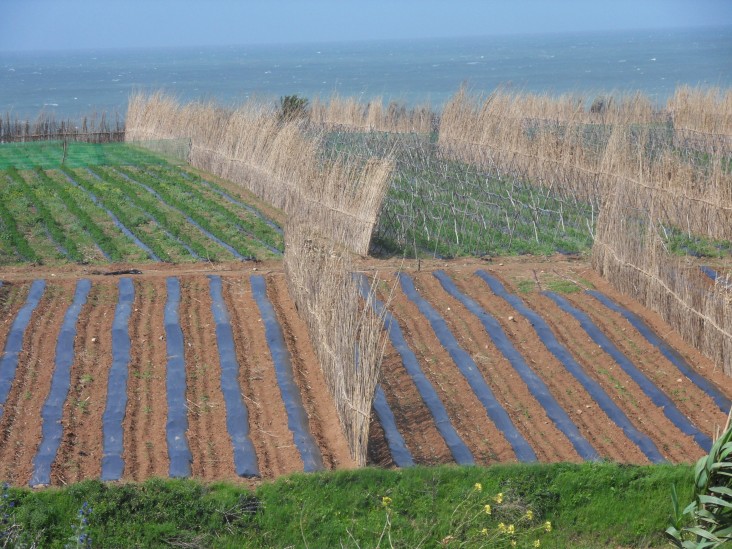- What We Do
- Agriculture and Food Security
- Democracy, Human Rights and Governance
- Economic Growth and Trade
- Education
- Ending Extreme Poverty
- Environment and Global Climate Change
- Gender Equality and Women's Empowerment
- Global Health
- Water and Sanitation
- Water and Development Strategy
- Advancing Water Supply, Sanitation and Hygiene
- Urban Sanitation
- Promoting Water Productivity and Efficiency
- Investing in Water and Natural Resources Management
- Enhancing Water and Disaster Risk Reduction
- Learning and Sharing in the Water Sector
- From The Field
- World Water Day
- Working in Crises and Conflict
- U.S. Global Development Lab

By 2025, two-thirds of the world’s population could be living in water stressed conditions. With agriculture accounting for around 70 percent of freshwater withdrawals in the world today, the impact on food supply will be substantial. To ensure there are sufficient water resources available to meet expanding food security needs and to support other uses for water, USAID works with farmers to use water resources more effectively, economically and in more environmentally sustainable ways.
In order to meet these challenges, USAID’s Water and Development Strategy has outlined Water for Food as a strategic objective to increase food security by helping countries manage their water in agriculture sustainably and more productively by:
- Improving the efficiency and sustainability of food production in rainfed agricultural systems; and
- Improving the efficiency and sustainability of food production from irrigated agricultural systems.
The Strategy promotes an integrated approach to food security that balances the water demands among multiple users, protects the quality of available water and emphasizes the inclusion of women and the private sector. Additionally, it recognizes the import role nutritious foods play in healthy families and communities, especially in the development of children. By coordinating water productivity efforts with household WASH interventions, USAID will ensure that healthy communities continue to be productive and thrive for generations.
The Agency has been working hard to improve food security:
- In Haiti, USAID’s Feed the Future West project has helped increase the output of nearly 9,000 farmers by an average of 75 percent through improvements to the agricultural sector and natural resources management, including rehabilitating irrigation infrastructure and improving watershed stability.
- In Afghanistan, USAID’s Incentives Driving Economic Alternatives-North, East, West (IDEA-NEW) project has brought 36,160 hectares of farmland under improved irrigation and employed more than 27,900 people through a range of infrastructure projects, including irrigation systems, as of January 2013.







Comment
Make a general inquiry or suggest an improvement.